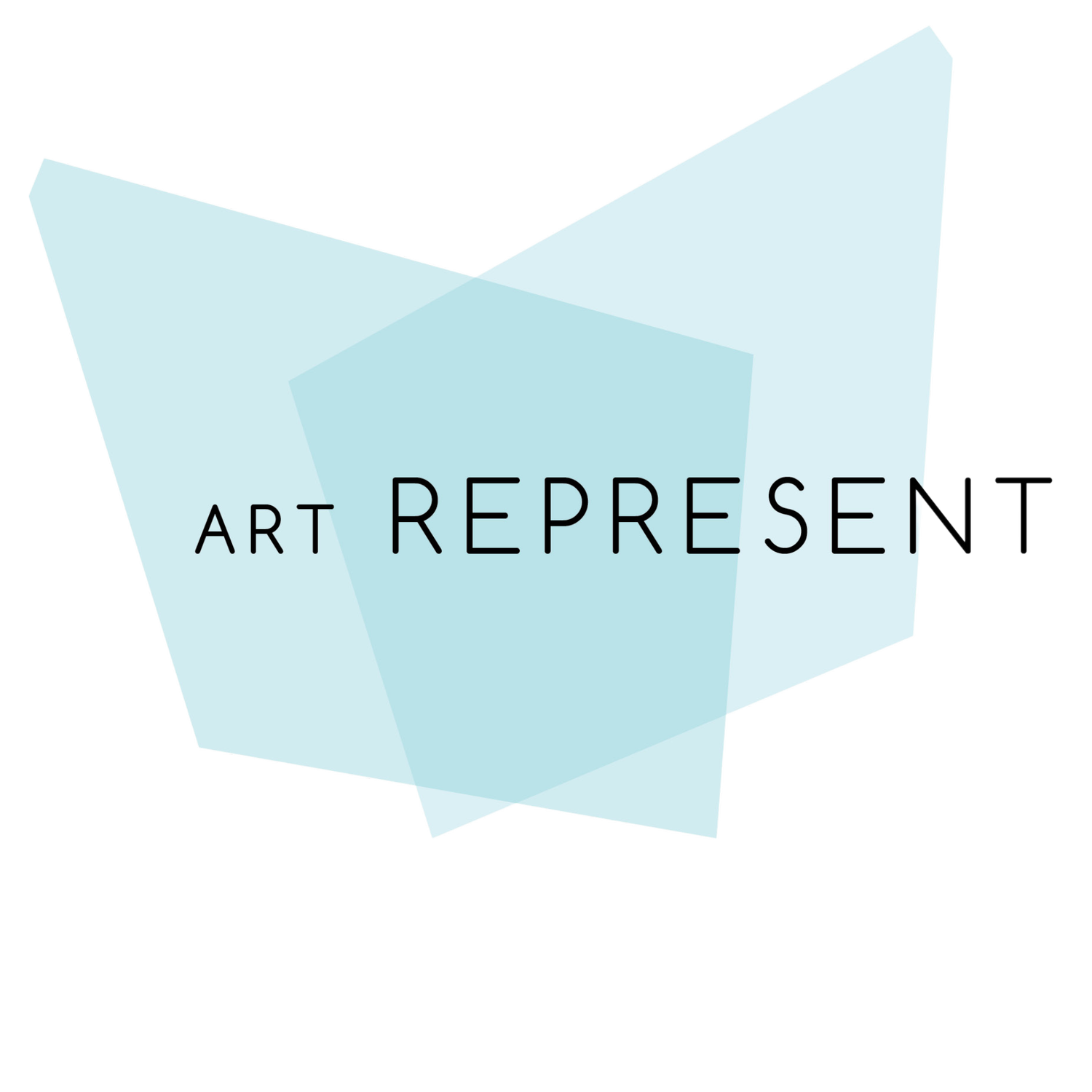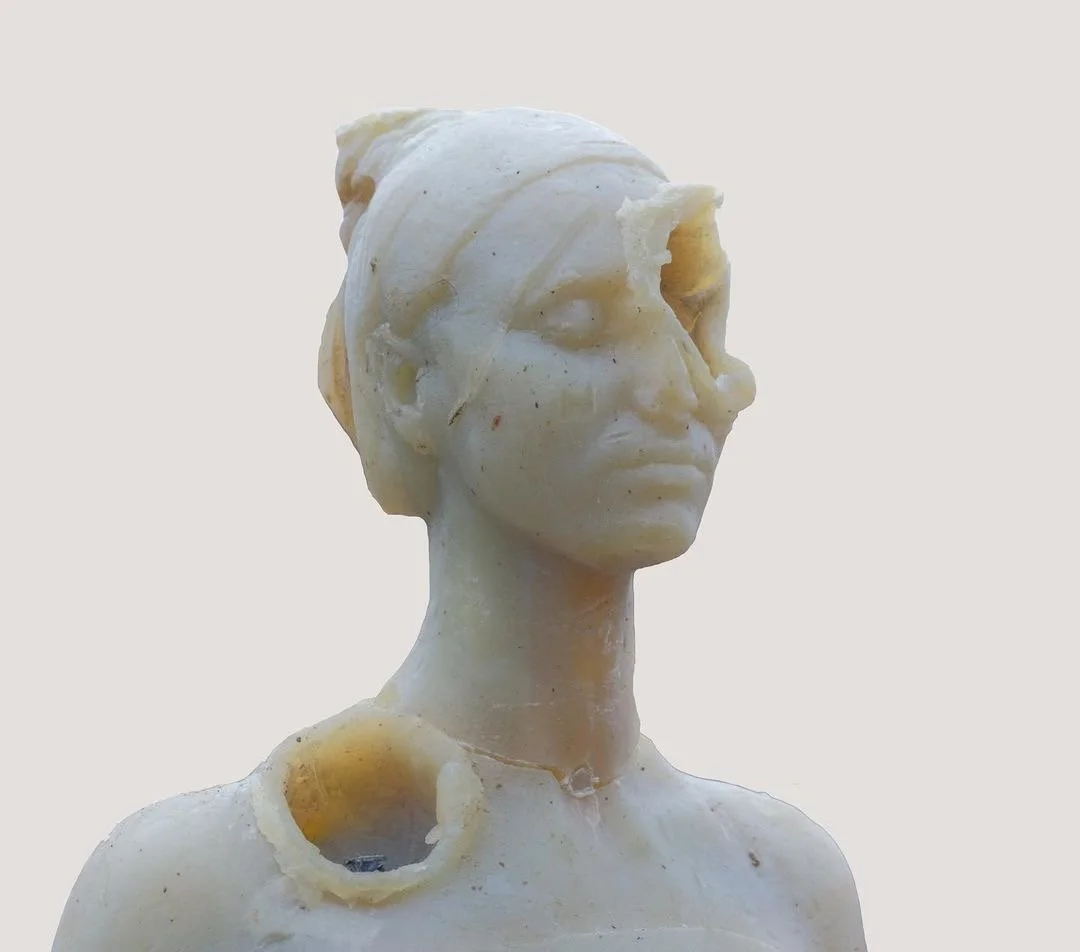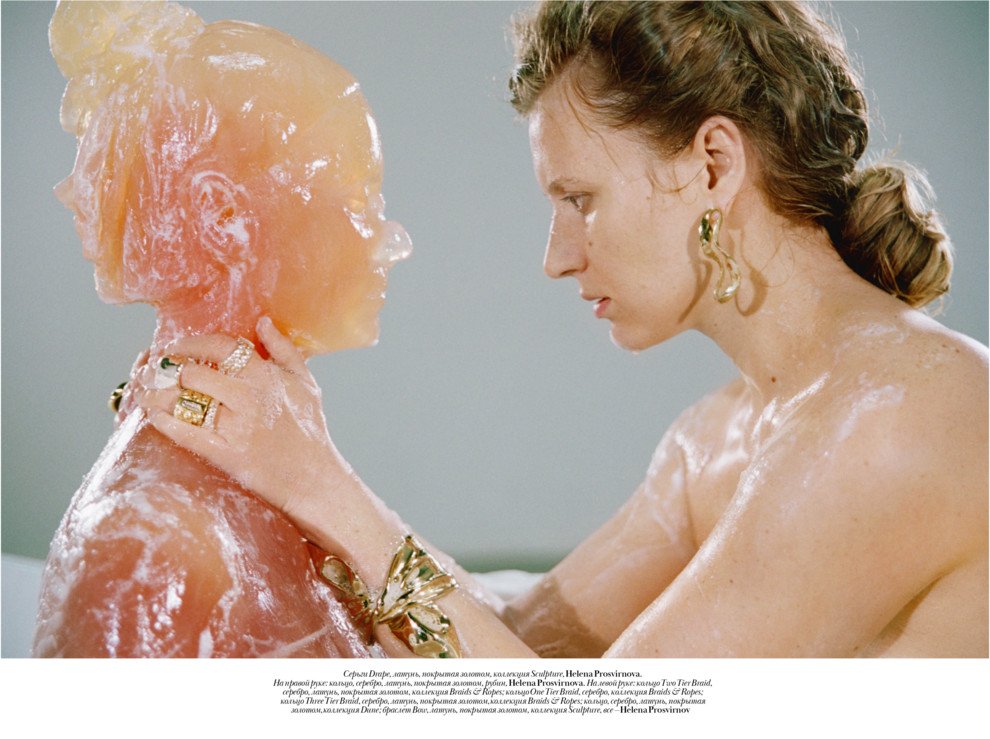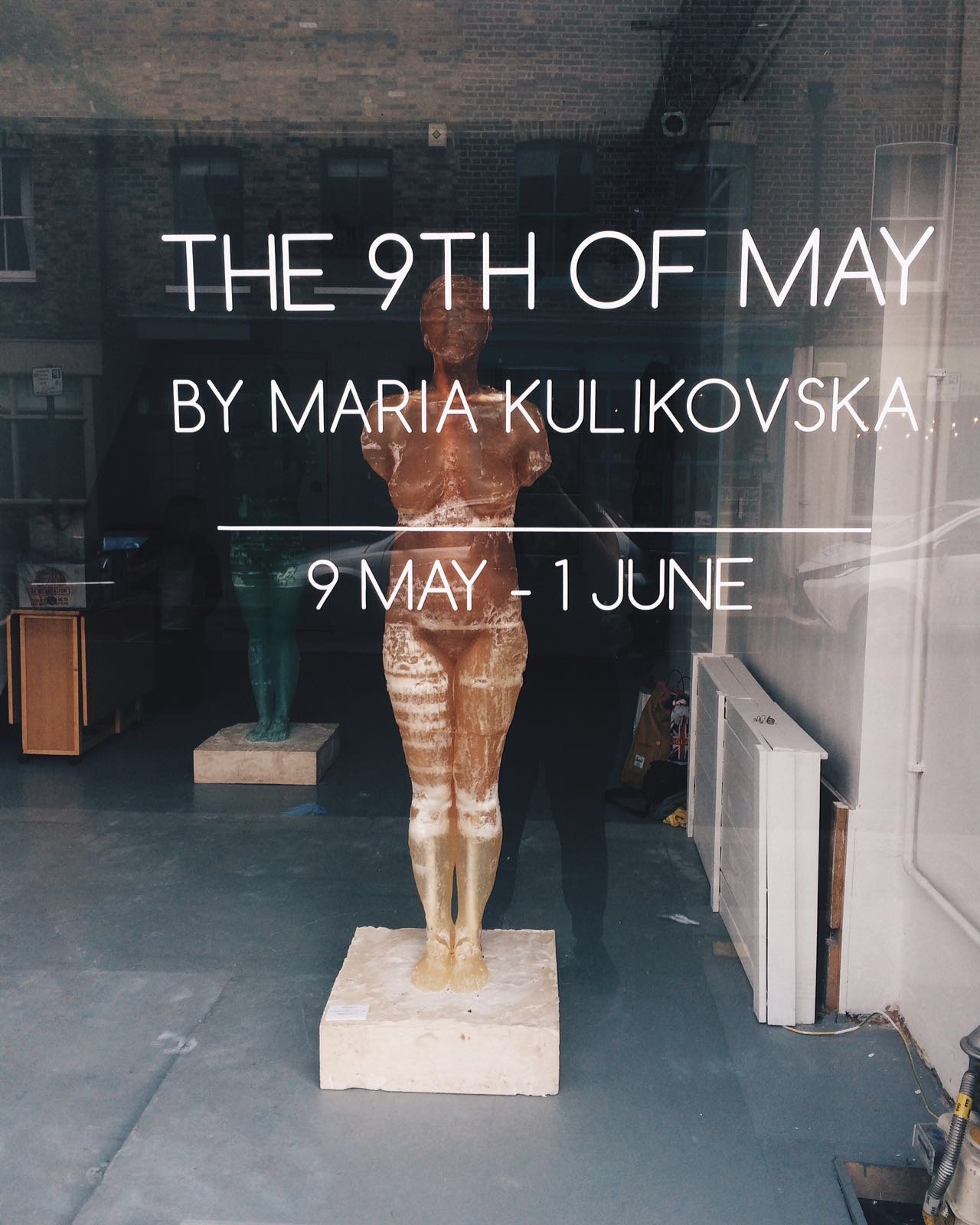What a time to be alive. We are coming out of a global pandemic, seeing an increase in international conflicts, alarming rates of climate change, and experiencing political turmoil worldwide. How much more trauma can we as a society handle? According to a UN report, back in 2016 more countries experienced violent conflicts than at any point in almost 30 years. Fast forward 6 years, and we’re witnessing a devastating attack on a European democracy (yet again!) of 44 million people, spurring us into yet another collective crisis.
Our ability to cope with all of this is waning. How do we begin to process, to understand what is happening around us, especially for those directly affected? Research indicates that exploring the arts can help those affected by conflict, including refugees, to heal from not only the displacement and trauma but also from PTSD and feelings of anxiety. For the people behind the conflicts, art serves as a vital tool to share stories, retrace histories, and even acts as a form of resistance.
In today's new globalised “spaces,” supporting artists affected by conflict, helping to bring their invaluable stories to life, whilst creating dialogues that raise global awareness is at the centre of what we do. In 2015, we collaborated with multimedia artist, Maria Kulikovska, to hold her first solo exhibition in London after the annexation of Crimea which rendered her a refugee overnight. Through her artwork, Maria protested against the Russian invasion and the brutalities of war. As with so many conflicts around the globe, peace is seldom permanent and war is often protracted. Today, the entirety of Ukraine is facing an existential threat and violent atrocities, whilst Maria is once again displaced - this time with a baby girl in tow.
Art Represent works to empower artists like Maria who are affected by conflict, by building an infrastructure of support, championing artists in their creative practice, as well as crisis response through fundraising and connecting artists to a network of resources such as legal aid and on the ground NGOs. We hope that our work will allow artists to experiment, educate, and create a more empathetic world for us all. Through our work, we also provide artists with funding opportunities, artist residencies, and new technologies - watch this space for our upcoming project to get a cohort of artists to mind their first NFTs.
As we embark down this precarious path, history seemingly repeating itself, we must remember that the greatest act of solidarity we can do as a global community is supporting artists in this quest because without art there is no hope. And a world without art, or without hope for that matter, is a world I can’t imagine.






